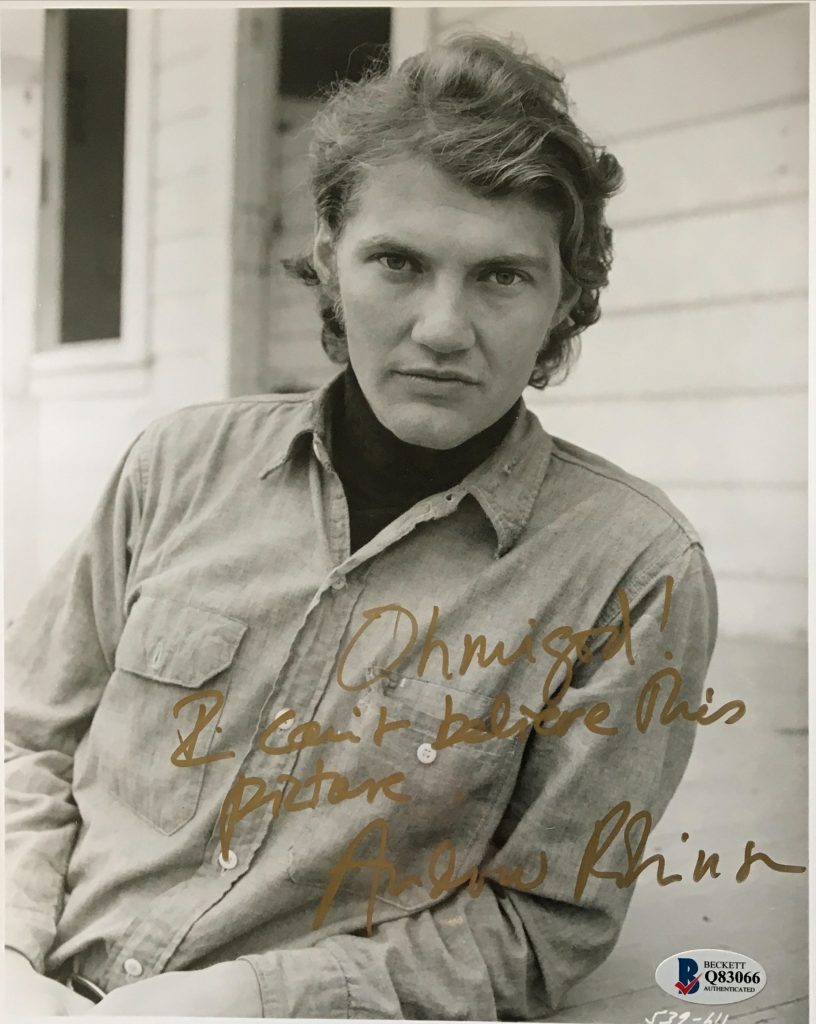
Robinson was born in New York City. His middle name, Jordt, was given to him to honor his grandfather, though he did not begin using it in his professional credits until the 1996 Deep Space Nine episode, “Body Parts“. His father was a soldier in World War II and was killed when Robinson was three years old. After his father’s death, he and his mother moved to Hartford, Connecticut, where he was raised with her family. In his later childhood, Robinson became a juvenile delinquent and was eventually sent to St. Andrew’s School, a boarding school in Rhode Island.
After graduating from high school, Robinson attended the University of New Hampshire. After he picketed the school’s ROTCprogram his degree was withheld by the university, so he transferred to The New School for Social Research in New York City and graduated with a Bachelor of Arts in English. He originally intended to become a journalist but went into acting after earning a Fulbright Scholarship. After graduating, he went to the London Academy of Music and Dramatic Art on the scholarship.
Robinson began acting in high school and college theatre. While attending the London Academy of Music and Dramatic Art(LAMDA), he studied Shakespeare and voice training.
Robinson’s first professional roles were as a stage actor and playwright in New York. His first role in New York was in the play MacBird!. He went on to appear in productions in North America and Europe, including Woyzeck, Futz, Werner Liepolt’s “The Young Master Dante” and The Cannibals. In 1969, he had his first television role with a guest part on N.Y.P.D. at the age of 26. In 1971, he began acting in feature films.
Robinson’s first feature film role was in 1971’s Dirty Harry. Don Siegel, the film’s director, and Clint Eastwood picked Robinson for the role after seeing him in a production of Fyodor Dostoevsky‘s The Idiot.[5] Robinson was cast as the Scorpio Killer, the antagonist of the film. The Scorpio Killer was largely based on the contemporary real life Zodiac Killer, and Robinson integrated many known aspects of that serial killer’s personality into his acting, such as a disturbed sense of humour and a sadistic inclination to taunt his pursuers. In the film, his character murders a young woman, a 10-year old boy, a teenage girl and a police officer and takes a school bus full of young children hostage. His portrayal was so convincing that he received death threats after the film’s release. Director Don Siegel noted that he cast Robinson because he had the face of “a choir boy.”
Critical reactions to Robinson were generally positive. Box Office Magazine wrote: “Andy Robinson is the maniacal Scorpio … a good blending of cunning and savagery.”[6] His role as Scorpio gave him widespread exposure, but Robinson also found himself typecast as “psycho” characters. He claimed the role severely limited his casting options, as film producers were reluctant to cast him in any “good guy” roles.[7] Some of his notable “psycho” roles include a demented and ill-fated military barber in Child’s Play 3 (1991) and the character Frank Cotton (in the skin of Larry Cotton, Robinson’s actual character) in the horror film Hellraiser (1987), in which Robinson had his first lead role in a feature film.
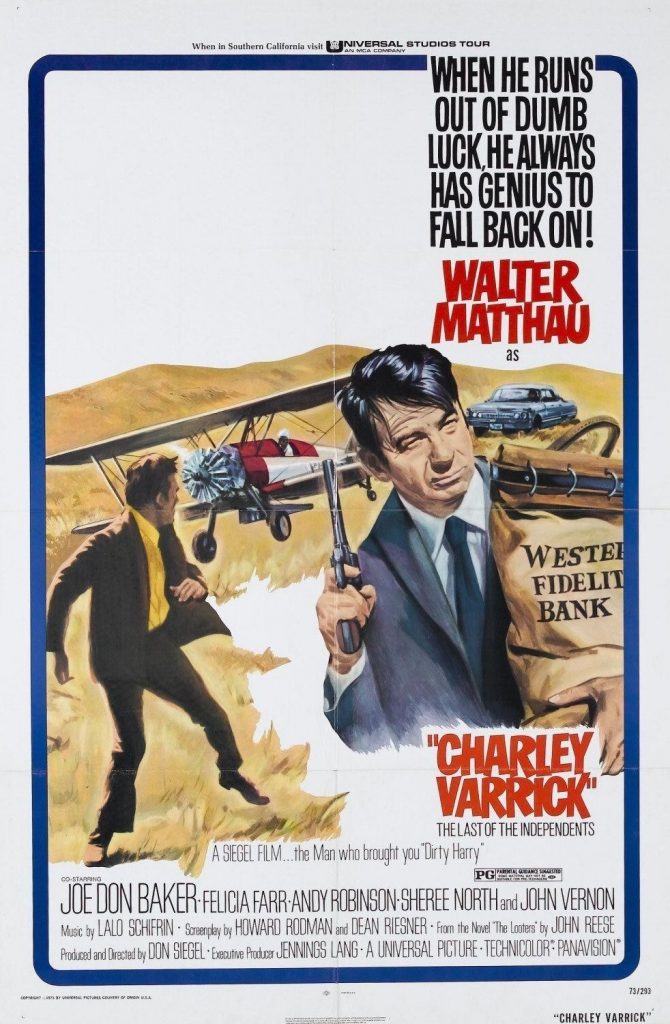
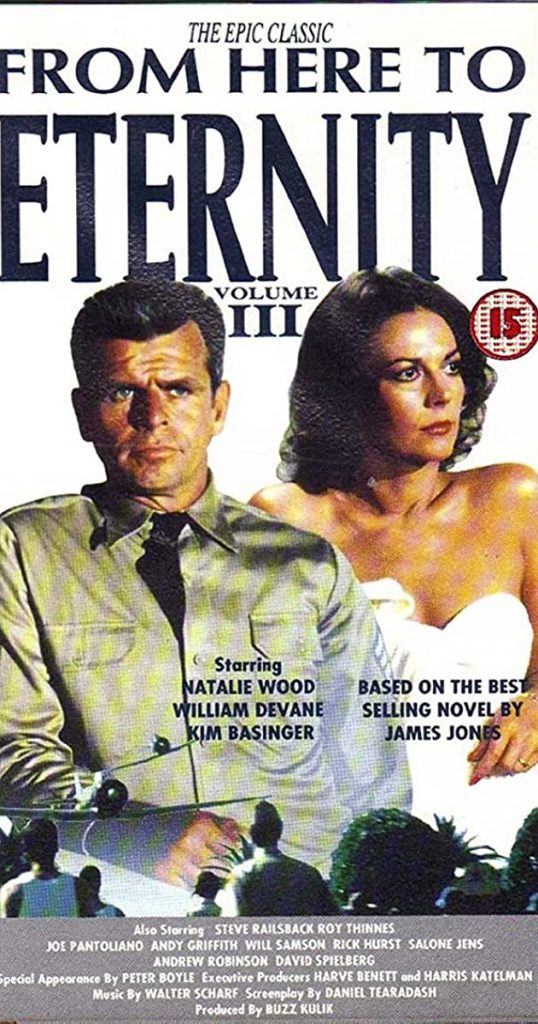
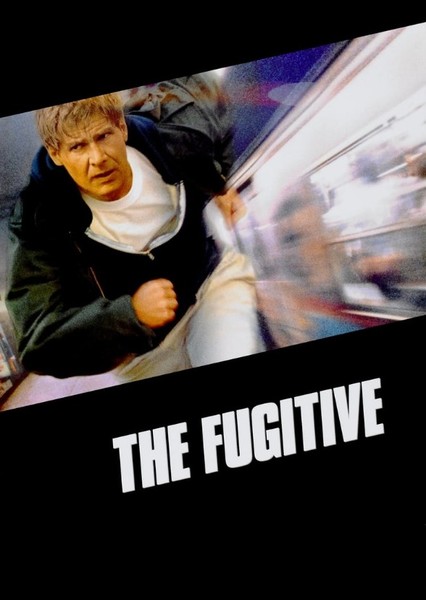
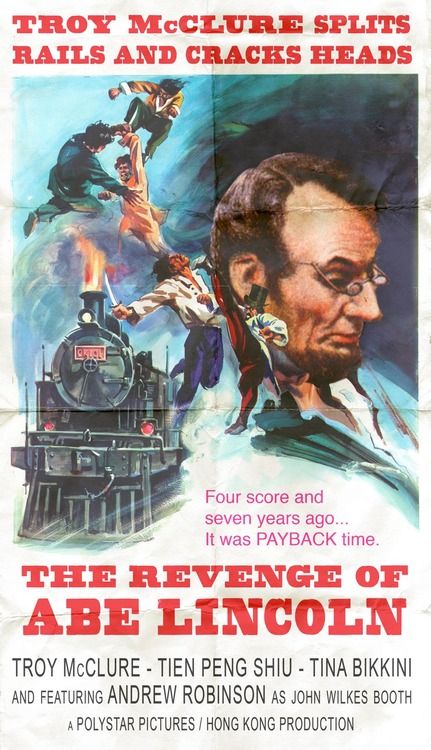
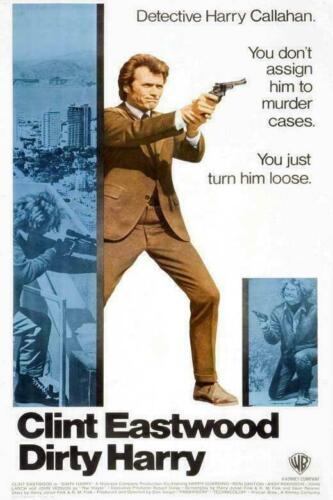
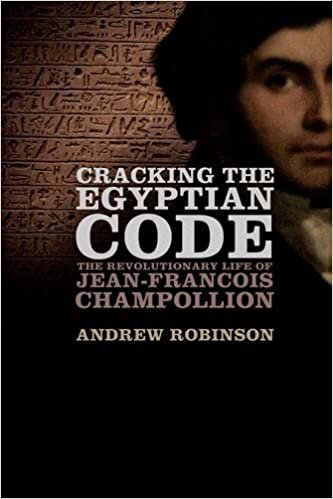
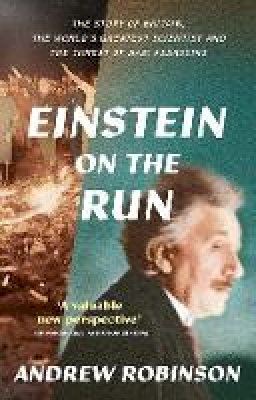
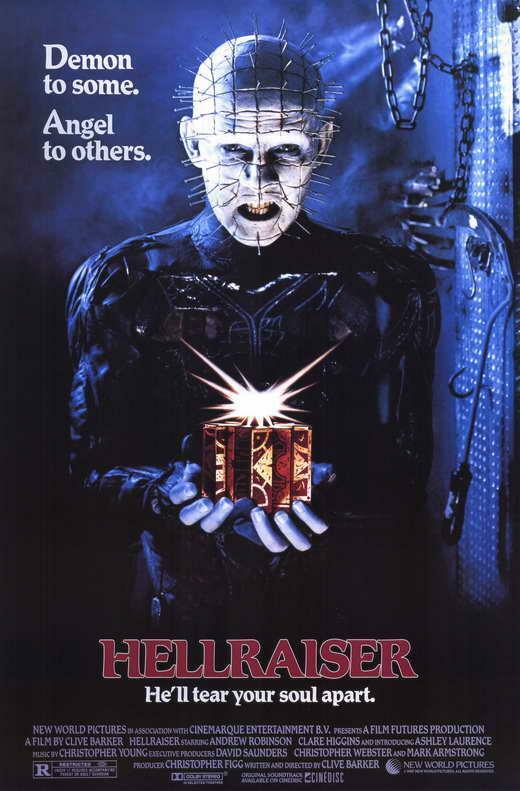
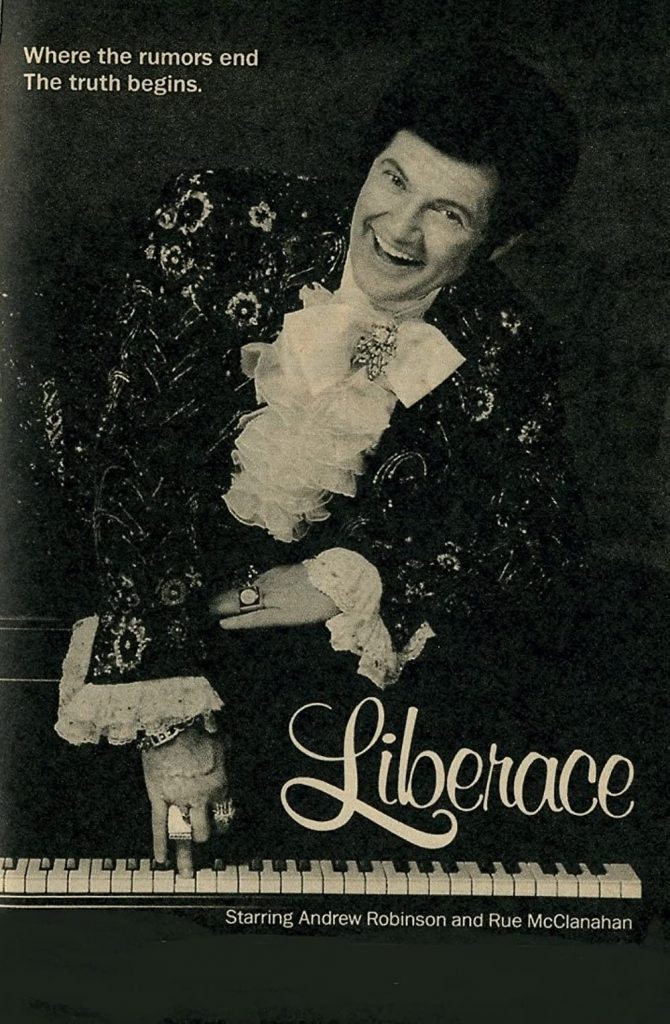
Robinson starred in Charley Varrick, a 1973 film that starred Walter Matthau and was directed by Don Siegel. Robinson played Frank Ryan on the soap opera Ryan’s Hope from 1976–78, for which he received a Daytime Emmy nomination. Robinson has had many one-time and recurring roles on a wide variety of television shows, in including the miniseries Once an Eagle. His filmography includes guest roles on Bonanza, Marcus Welby, M.D., Kung Fu, Ironside, The Rookies, S.W.A.T., The Streets of San Francisco, Kojak, The Incredible Hulk, CHiPs, Mrs. Columbo, Barnaby Jones, Vega$, Falcon Crest, The Greatest American Hero, The Dukes of Hazzard, Hart to Hart, The A-Team, Matt Houston, Moonlighting, L.A. Law, Matlock, Law & Order, Walker, Texas Ranger, Murder, She Wrote, The X-Files, The Practice, and Without a Trace.
He met his wife Irene after wrapping a production of Springvoices and the two married in 1970. He has two stepsons from his wife’s previous marriage and one daughter named Rachel, who became an actress as well.
In 1975 he co-starred as the sleazy, ill-fated chauffeur in the detective drama The Drowning Pool, starring Paul Newman.
In 1978 Robinson left acting professionally for five years and concentrated on raising his family in the small mountain community of Idyllwild, California, located about 150 miles (240 km) from Los Angeles. During that time he taught community theatre for middle and high school students and also worked as a carpenter to bring in a regular salary. He returned to acting professionally in the mid-1980s.
In 1986, he played President John F. Kennedy in an episode of the 1980s revival of The Twilight Zone, “Profile in Silver“. In 1988 he portrayed Liberace in a television biopic. Robinson had described it as one of his favorite roles and that “The most fun was wearing his furs and jewelry and singing ‘I’ll be Seeing You.'”[9] The New York Times reviewer noted that “Robinson does rather well in the leading role.”[10] He returned to the stage in 1993 with a Broadway production of Frank Gilroy’s Any Given Day, but the play closed after only six weeks.
In 1993, Robinson was cast in his first regular television role since Ryan’s Hope in 1978. He played Elim Garak on Star Trek: Deep Space Nine, a Cardassian tailor, and a former operative of the Obsidian Order. The character was intended to be an enigmatic darkly comedic foil for the character of Julian Bashir (played by Alexander Siddig), and the two were often paired together onscreen. Prior to being cast in the role, Robinson knew little of the Star Trek franchise and had never seen an episode of any of the television series.
Robinson was offered the role of Garak after he originally auditioned for the role of Odo, which eventually went to René Auberjonois. He almost did not accept the role but was pressured into accepting for financial reasons.
After working on Deep Space Nine for several years, Robinson began a career in television directing after directing the 1996 episode “Looking for par’Mach in All the Wrong Places.” He went on to direct two episodes of Star Trek: Voyager and seven episodes of the courtroom drama Judging Amy, in which his real-life daughter, Rachel Robinson, was appearing.
In 2000, he wrote the novel A Stitch in Time, based on his character on Deep Space Nine. Robinson has stated that one of the reasons he wrote the novel was to get “total closure” of the character. He starred opposite DS9 costar Michael Dornon an episode of Martial Law.


